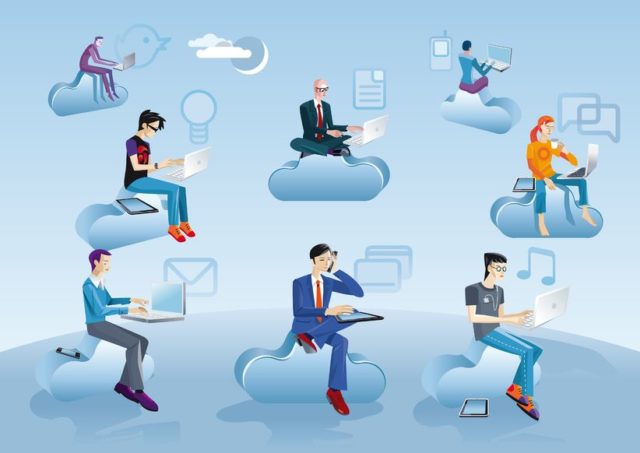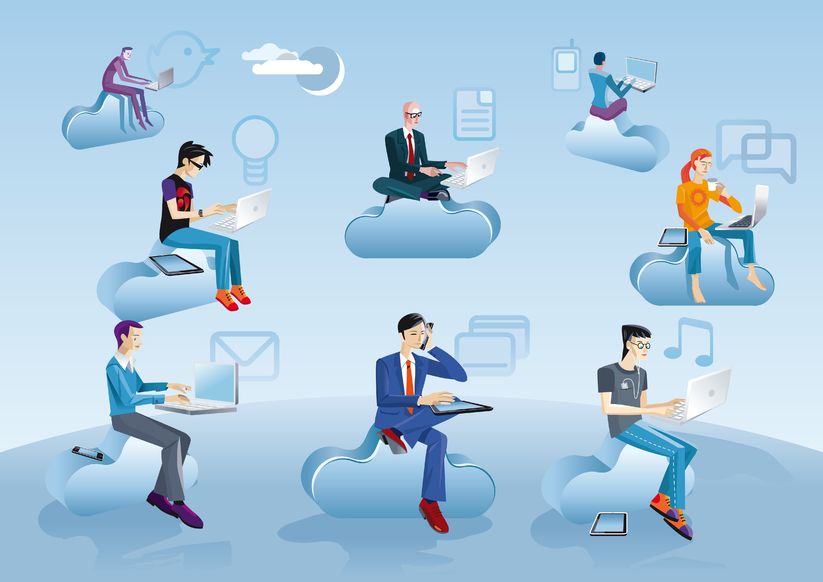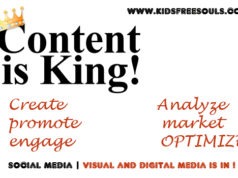Google Cloud Platform enables developers to build, test and deploy applications on Google’s highly-scalable and reliable infrastructure. Choose from computing, storage and application services for your web, mobile and backend solutions.
Google Cloud Platform Live event is in San Fransico on March 25th 2014 – Urs Hölzle and engineering leadership will share Google’s vision for cloud computing. The event will focus on how Google is creating an awesome developer experience, a big data solution that allows to efficiently process data at Google scale and speed, and a new approach to computing that erases distinctions between PaaS & IaaS. The event will give insights on tips, tricks and technology, and share their vision for the future of cloud computing.
The event Agenda can be found on https://cloud.google.com/events/google-cloud-platform-live/
and to watch Online, follow here https://cloud.google.com/events/google-cloud-platform-live/online/index and sign up.
The time is for ‘Cloud Computing’ – Gujarat Government is amongst the first few to adopt the Cloud Computing technology and if you ask me, what is Cloud Computing, I can just quick mention a few Characteristics of Cloud Computing here:
Virtual: Software, database, Web servers, operating systems, storage and networking as virtual servers.
Incremental Scalability: Cloud environments allow users to access additional compute resources on demand in response to increased application loads.
Agility: As a shared resource, the cloud provides flexible, automated management to distribute the computing resources among the cloud’s users.
Reliability and Fault-Tolerance: Cloud environments take advantage of the built-in redundancy of the large numbers of servers that make them up by enabling high levels of availability and reliability for applications that can take advantage of this.
Service-oriented: The cloud is a natural home for service-oriented applications, which need a way to easily scale as services get incorporated into other applications.
Utility-based: Users only pay for the services they use, either by subscription or transaction-based models.
Shared: By enabling IT resources to be consolidated, multiple users share a common infrastructure, allowing costs to be more effectively managed without sacrificing the security of each user’s data.
SLA-driven: Clouds are managed dynamically based on service-level agreements that define policies like delivery parameters, costs, and other factors.
APIs: Because clouds virtualize resources as a service they must have an application programming interface (API).
Some of the Developer Tools found in Google Developers Console :
Google Cloud SDK
The Google Cloud SDK contains command line tools and libraries that allow you to create, manage, and deploy resources on the Google Cloud Platform, including App Engine, Compute Engine, and Cloud Storage. Learn more https://developers.google.com/cloud/sdk/
Android Studio
Android Studio is a new Android development environment based on IntelliJ IDEA. Android Studio includes a full tool set for building cloud based backends for your Android applications, including support for Java App Engine and Cloud Endpoints. Learn more http://developer.android.com/sdk/installing/studio.html
Google Plugin for Eclipse
The Google Plugin for Eclipse is a set of software development tools that enables Java developers to quickly design, build, optimize, and deploy cloud-based applications with support for App Engine, Cloud SQL, and Cloud Endpoints. Learn more https://developers.google.com/eclipse/
Cloud Playground
Cloud Playground is a place for developers to experiment and play with App Engine, Cloud Storage, and Cloud SQL, right from a browser. Learn more https://code.google.com/p/cloud-playground/
Google also has announced the Google Cloud Platform Partner Program. If you are into Tech, Apply for a Technology Partner or can even apply to be a Service Partner. https://cloud.google.com/partners/
I am not an Expert but my research on Cloud Computing go indepth. Meanwhile, visit the Environment Column Q & A and find the answer how Google, Facebook, and Amazon.com are already deeply committed to the cloud computing model, with Microsoft, Yahoo and others following suit accordingly. A report released in September 2011 by Pike Research, “Cloud Computing Energy Efficiency,” predicts that because of the shift to cloud computing and increasing efficiencies, data center power consumption will decrease by 31 percent between 2010 and 2020. (Details on cloud computing in Kidsfreesouls Environment column earlier: https://www.kidsfreesouls.com/index.php/Environment/environment-column-2011.html)
{jathumbnail off}








